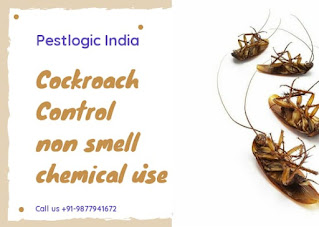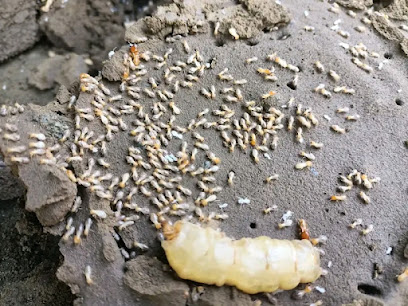Aedes Mosquito
The Aedes mosquito is a vector known for transmitting several diseases, most notably dengue fever, Zika virus, chikungunya, and yellow fever. Here are key characteristics and information about the Aedes mosquito:
Species:
- The Aedes mosquito belongs to the genus Aedes, and several species within this genus are known to transmit diseases.
Appearance:
- Aedes mosquitoes are generally small and dark-colored. They have distinctive white markings on their legs and body, which can help in identification.
Breeding Habits:
- Aedes mosquitoes are known for their ability to breed in small, artificial containers filled with water. Common breeding sites include flowerpots, discarded tires, containers, and other items that can collect rainwater.
Daytime Biters:
- Unlike some other mosquitoes that primarily bite during the evening or night, Aedes mosquitoes are known as daytime biters. They are most active during the early morning and late afternoon.
Diseases Transmitted:
- Aedes mosquitoes are vectors for diseases such as dengue fever, Zika virus, chikungunya, and yellow fever. These diseases are widespread in tropical and subtropical regions where Aedes mosquitoes thrive.
Vector for Dengue Fever:
- Dengue fever is a significant health concern associated with Aedes mosquitoes. The virus causes flu-like symptoms and, in severe cases, can lead to dengue hemorrhagic fever, which is a life-threatening condition.
Vector for Zika Virus:
- Aedes mosquitoes are also implicated in the transmission of the Zika virus, which can cause birth defects in infants born to infected mothers.
Prevention:
- Preventing the breeding of Aedes mosquitoes is crucial in controlling the spread of diseases they transmit. This involves eliminating standing water around homes and using mosquito repellents and protective clothing.
Community Efforts:
- Aedes mosquito control often requires community-wide efforts. Public health campaigns, community clean-up initiatives, and educational programs play a vital role in reducing the mosquito population and preventing disease transmission.
Vector Control Strategies:
- Integrated vector management (IVM) strategies, including the use of larvicides, insecticides, and community engagement, are employed to control Aedes mosquito populations and reduce the risk of disease transmission.
Controlling Aedes mosquitoes is essential for public health, especially in regions where these mosquitoes are prevalent. Effective vector control, community involvement, and public awareness are critical components of preventing the spread of diseases associated with Aedes mosquitoes.
Mosquito Control Service In Mohali, Fogging Service in Mohali, Dengue Fogging Service In Mohali, Dengue Control Service in Chandigarh, Dengue Control Service in New Chandigarh, Dengue Control in Haryana, Dengue Control In Punjab, Dengue Control in Kharar, Mosquito Control in Industries, Commercial Fogging Service In Chandigarh, Eco friendly Fogging service In Chandigarh, Chandigarh Fogging Service, Mohali Pest Control, Kharar Pest Control, Chandigarh Termite control.









Comments